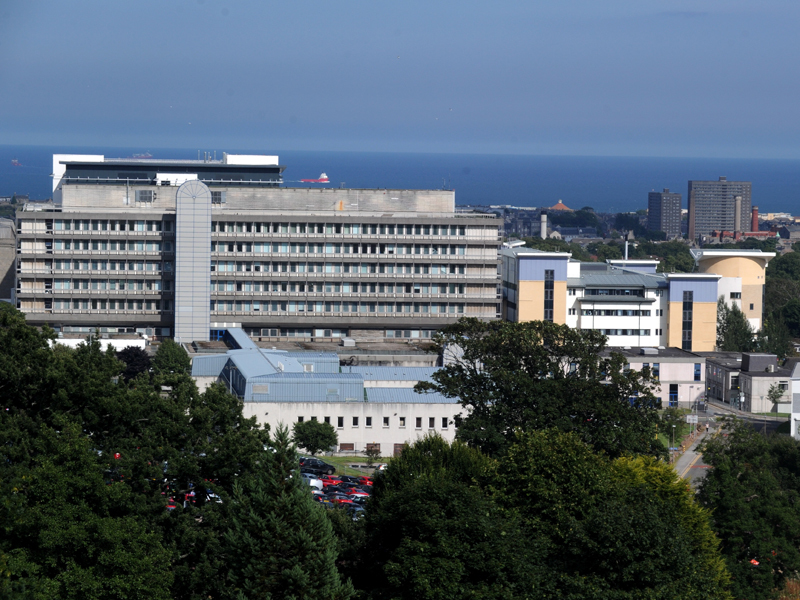NHS Grampian chiefs must immediately improve basic hand hygiene across Aberdeen Royal Infirmary after “very poor” practices were found – in the infection unit.
The move comes after Healthcare Improvement Scotland made an unannounced visit to the flagship hospital.
While inspectors found good standards of cleanliness across the hospital environment, the review team said it found “many examples” of staff not decontaminating their hands in three out of 11 departments inspected.
Shortfalls were found in the geriatric assessment and gynaecology wards plus the infection unit, where serious illnesses such as blood poisoning and tuberculosis are treated.
Inspectors found “very poor” hand hygiene in the unit with concerns also raised that some staff were not wearing the appropriate clothing to work.
In accident and emergency, inspectors found compliance with strict hand hygiene protocols had fallen away to 65% at the end of last year. Action is normally taken if it falls below 90%.
Richard Baker, Labour MSP for North East said, while the cleanliness of the hospital must be acknowledge, there
“Certainly we want to acknowledge good levels of cleanliness at ARI, but if there are gaps in basic practices around hand hygiene, particularly in wards where people are particularly vulnerable to infection, then NHS Grampian has to act urgently.
“With something as basic as hand hygiene, it must be the case that every step is taken to insure people are not at risk.”
The World Health Organisation states that healthcare staff must clean their hands on five separate occasions. They are before touching a patient, before touching sterile equipment, after exposure to body fluid, after touching a patient and after touching patient surroundings.
Back in 2011, almost one in 10 patients in Scotland had an infection that was not present or incubating at the time of their acute hospital admission.
Two thirds of Healthcare Associated Infections are thought to be to be preventable.
Rates of HAI have been driven down in recent years, partly due to increased hand hygiene. For example, 191 cases of clostridium difficile were recorded by NHS Grampian in June 2009. The figure fell to 33 in September 2014.
NHS Grampian must take immediate action in three areas following the report. As well as improving standard hand hygiene practices, it will have to improve records relating to catheter fittings and information relating to HAIs in general.
A board spokeswoman said: “We were disappointed inspectors noted poor hand hygiene compliance in the infection unit. Since the inspection our Infection Prevention & Control team have worked with staff and we can report compliance levels are back up to 95%”
“We are pleased the inspectors found that wards, departments and patient equipment were clean.
“All patients the inspectors spoke to were satisfied with cleaning in bays, rooms, toilets and showers, and the hard work being done by cleaning staff was acknowledged. Some patients spoke of high standards of hand hygiene when nurses and clinical staff interacted with patients, but the inspectors found compliance rates were not high on some wards.”
